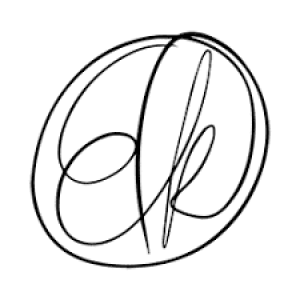
We’re overfed. I’ve been slow, lethargic and creatively uninspired in the last few months. How is it that given the amount of stimuli abound, we end up incapable of having a meaningful reaction to the world around us? I sound like a broken record, but there’s a tremendous privilege in both having a job, and being able to work from the safety of home right now.
Perhaps, though, there were compounding effects from staying home with incredible amounts of content at one’s fingertips. On any given moment, I’m equipped with multiple feeds of information. Instagram/TikTok to create some semblance of shallow human connection, and Twitter/Reddit for global news around the pandemic along with the ensuing geopolitical fallout.
I have shit load of newsletters that hit my inbox every 24 hours — those I deem to be the “higher-quality” stuff, created and shared with consideration. Unfortunately, I’d go as far as saying I’m pretty creatively broken right now, and it’s all within my control. We ought to look at our media consumption like how we should look at our physiological diets. There are core parts that sustain us: fats, proteins, and carbohydrates. The make-up of those three macronutrients subsequently determines the nutritional content. Binging on any particular food category has its obvious pitfalls.
Now more than ever feels like we’re experiencing this combination of media’s own version of gout and diabetes. These largely manageable/preventable diseases are affecting how we behave and operate. As creators, it’s detrimental when we don’t keep the consumption/creation ratios in check. For me, I’ve let this ratio spiral out of sync. For as much as I pride myself for having “a pulse on the world,” I’m left with a mindset that offers little in terms of analysis and critical thought. The lack of sustenance due to fast food-esque content leaves you hungry to fill that void within moments of finishing. When all your time is spent “consuming,” you fall into a negative feedback loop of content, where attention-sucking platforms are optimized to keep you engaged on crap.
I’ve unlocked my phone countless times to grab a piece of info only to stop myself five minutes later asking: “wait what was I supposed to do before I clicked into that Instagram notification?” I carry with me this feeling of being unfulfilled and scatterbrained. Everything and nothing is important all at the same time. When this happens, it creates an anxiety over what to care about, an uncertainty I’ve covered in private discussions on how creators can help us in these difficult times. I referenced this quote in a Briefing newsletter introduction a few weeks ago:
“This is precisely the time when artists go to work. There is no time for despair, no place for self-pity, no need for silence, no room for fear. We speak, we write, we do language. That is how civilizations heal.” – Toni Morrison
Even in the weeks after this quote, it struck a chord enough to mention it twice, I felt stuck. I was slow to work on stories sitting in front of me. But when I fully got going, the act of connecting the world around us with the work and movements of others was incredibly invigorating. Whether it was the work of Taka Kasuga with Veilance or the perspectives of Emmett Shine and Nicholas Ling of Pattern Brands, I was excited to share their stories with the world.
Content should serve as sustenance, not as a vehicle for gluttony. The more media consumption of the “attention-seeking” variety dominates our psychology, the more we lose the strength, power, and technique to create culturally-defining moments. Don’t let the flywheel of attention, soul-sucking bullshit media continue to define our times.

Eugene Kan
Editor-in-Chief
























